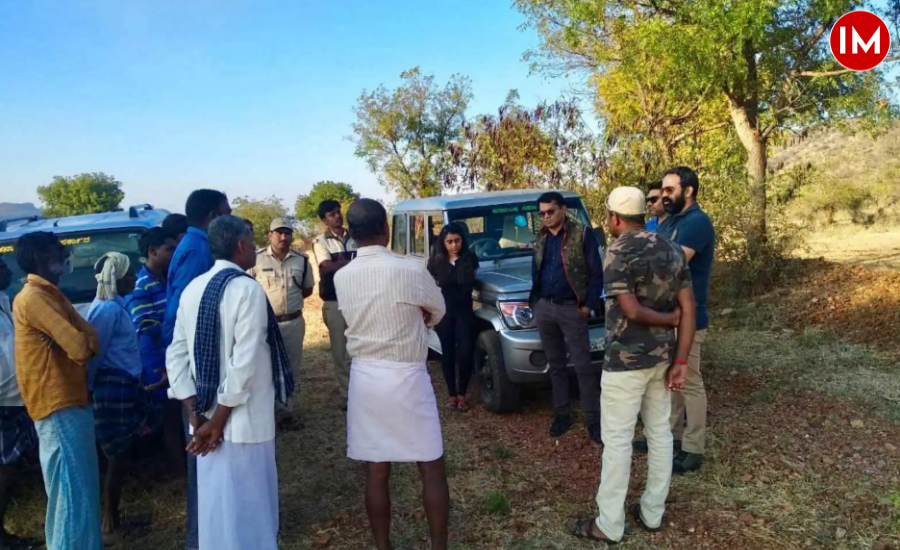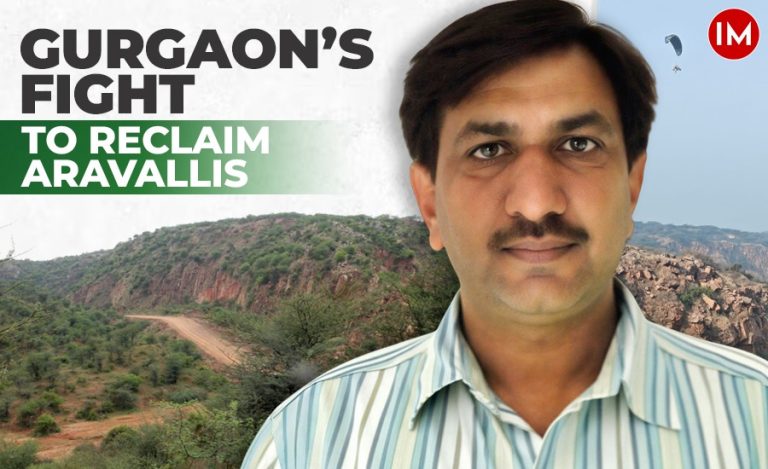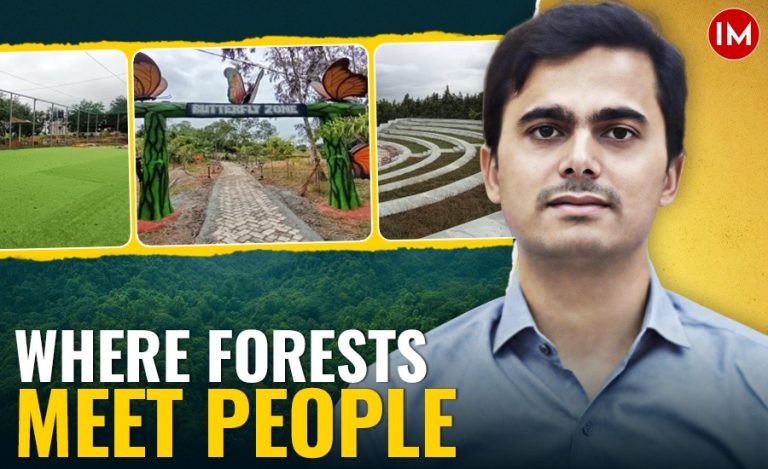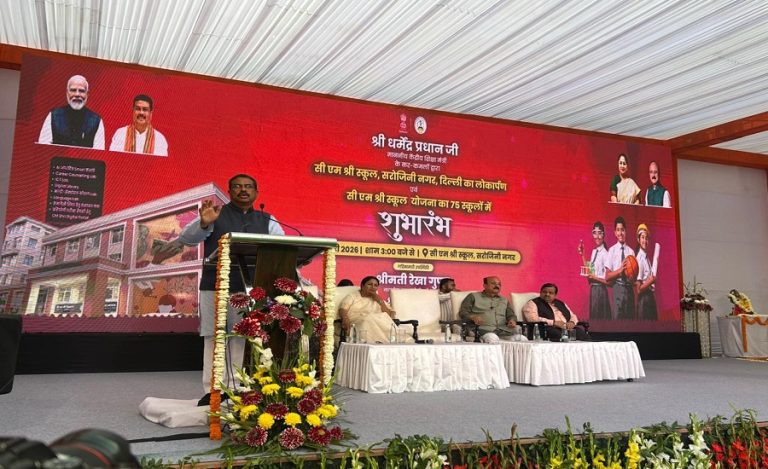In Karnataka, where challenging political interests can make or break an officer’s career, Yedukondalu V, an Indian Forest Service (IFS) officer of the 2011 batch, has spent 14 years reclaiming encroached forest land. Now serving as Conservator of Forests in Hassan, he has restored more than 3,500 acres of forest across Kolar, Tumakuru, Hassan, and Chamarajanagar, often taking on some of the state’s most influential figures in the process.
From properties owned by legislators, ministers, and parliamentarians to industrial land worth thousands of crores, Yedukondalu has earned the nickname “the demolition man.” He sees his duty simply: protect forest land and ensure it remains for conservation.
“Wherever I am posted, my primary goal will be to recover the encroached forest lands in favour of the forest department,” he says.
Unlike many forest officers who prioritise plantations, Yedukondalu focuses first on recovering already encroached land. His approach combines legal knowledge, community engagement, and careful planning. He builds support among locals and coordinates with lawyers before taking action, understanding the political and legal pressures involved. The results have often drawn complaints and legal challenges, but his actions have returned significant land to the forest department.
In Kolar district in 2024, he cleared 2,850 acres of encroached land across nine reserved forests, including 600 acres in a single day. Industrial land in Malur covering 360 acres, valued at over ₹3,000 crore, was reclaimed. Across all his postings, he has restored properties worth more than ₹10,000 crore. Yet, despite these accomplishments, transfers remain a recurring hurdle; after Kolar, he was posted to Hassan.
ROOTS IN NATURE
Yedukondalu attributes his commitment to his early education in Vijayawada, Andhra Pradesh. Coming from a lower-middle-income family, he enrolled in a gurukula-style school founded by former chief minister N. T. Rama Rao.
“I was associated with gurukulas till the 12th grade. During this period, I developed an inclination towards nature, love for forests, and concern for society that shaped most of my personality,” he says.
This early exposure to nature and community life laid the foundation for his work in forest conservation.
INNOVATIONS BEYOND EVICTIONS
Yedukondalu’s efforts extend beyond reclaiming land. In 2016, while serving as Deputy Conservator of Forests (DCF) in Madikeri, he introduced Karnataka’s first early warning system for elephant movement in collaboration with Tata Coffee. Using bulk WhatsApp messages, plantation workers were alerted to elephant presence, reducing human-elephant conflicts. This system became a model for similar programmes statewide.
In 2017, as DCF in Mysore, he oversaw the Dasara procession involving elephants and conducted the first bird census at Ranganathittu Bird Sanctuary, paving the way for its Ramsar Site designation in 2022. Later, at Male Mahadeshwara Hills (MM Hills) Wildlife Sanctuary in Chamarajanagar, he launched Jana-Vana Sethuve, a multi-purpose vehicle service acting as ambulances, school buses, and ration carriers, connecting 15 remote tribal hamlets and benefiting over 5,000 residents.
He also contributed to livelihood programmes. In 2021, he helped establish the Bamboo Producer Unit in Poonachi, supporting women-led collectives in collaboration with USAID, the Industree Foundation, and the National Bamboo Mission. These programmes offered sustainable income to forest-dependent communities.
CHALLENGES AND SETBACKS
Even as he implements projects, Yedukondalu faces obstacles. Plans to designate MM Hills as a tiger reserve stalled after his transfer, delaying conservation efforts. Transfers, political pressure, and legal cases have tested his ability to implement initiatives fully. Yet, he continues to focus on reclaiming forest land and improving community access to services.
CURRENT WORK IN HASSAN
In Hassan, he has cleared over 600 acres of encroached land and installed around 600 AI-enabled cameras in areas prone to human-elephant conflict. These systems provide real-time alerts to communities, helping prevent accidental encounters. He has also led elephant rescue operations and promoted coexistence between humans and wildlife.
“Through thermal cameras and AI-enabled systems, we can provide real-time data to communities and farmers about elephant movement, which helps prevent conflict deaths,” he says.
Despite pressure from influential quarters, Yedukondalu remains focused on his responsibilities.
“Many have tried to slow down my work and undermine my integrity. I have always carried out my duties without distraction, which has allowed me to stay ahead of those who oppose me,” he says.
For Yedukondalu, protecting forests is not just a professional task; it is about ensuring resources remain available for future generations.
“Without forest preservation, there would be no intergenerational justice served for the future generation,” he adds.
Through a career marked by both challenges and achievements, Yedukondalu’s work underscores that forest conservation requires more than policies—it demands decisive action, careful planning, and the willingness to take on entrenched interests.

































